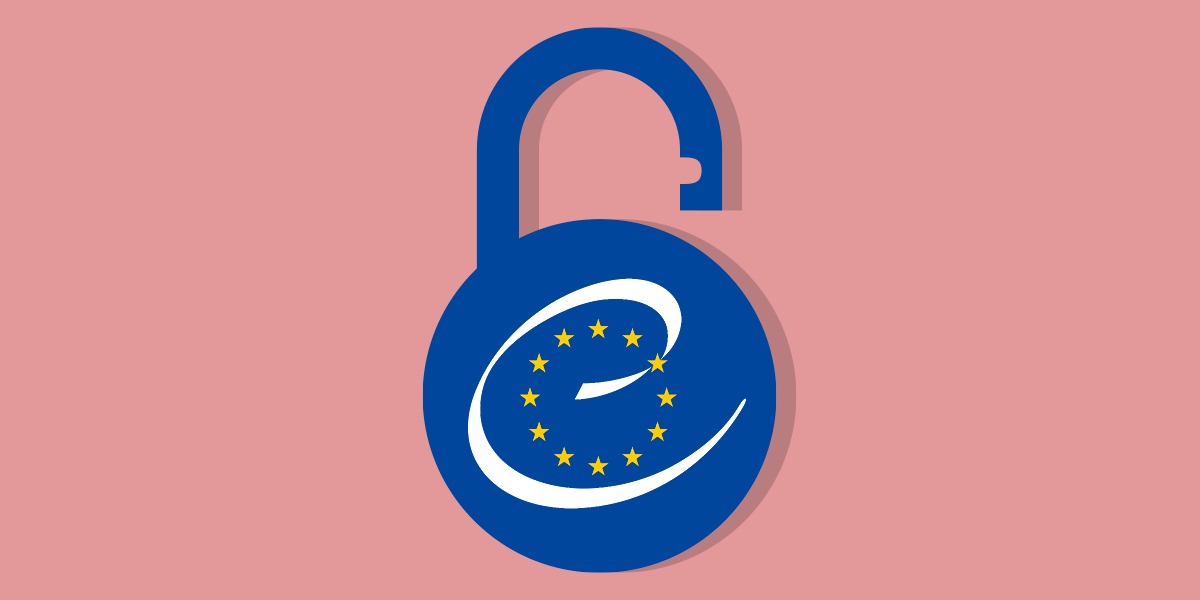
While encryption has been under attack in recent days, it’s still essential for private and secure electronic communications, especially for human rights defenders and journalists. EFF and our partners recently argued for the essentiality of encryption in a case before the European Court of Human Rights (ECtHR).
In Telegram Messenger LLP and Telegram Messenger Inc. v. Russia, the company behind the popular messaging app Telegram refused to hand over confidential private user information to the Russian Federal Security Service. A Russian court subsequently convicted, fined, and briefly blocked internet access to Telegram. Following those actions, Telegram asked the ECtHR to find violations of its right to free expression, right to fair trial, and right to adequate legal remedies.
EFF and our partners filed an amicus brief before the ECtHR, asking the ECtHR to safeguard encrypted online communications. Electronic communications have long become one of the main avenues of seeking and receiving information, and participating in activities and discussions, including on issues of political and social importance. Free expression rights are at stake, both for the individuals that use encrypted electronic messaging applications, and the intermediaries that offer them.
As the UN Special Rapporteur on the Freedom of Opinion and Expression noted in his 2015 report, privacy is a “gateway for freedom of opinion and expression.” Encryption is key to free and safe communications, particularly for journalists, human rights defenders, lawyers, activists, and dissidents. That is why we invited the ECtHR to consider the risks to Internet users in Ukraine, and activists in Russia, if their private communications or their identities were revealed to the Russian authorities in the course of the current conflict.
Finally, EFF and our partners underlined the importance of adhering to the principles of necessity and proportionality. Requests to receive keys to access the communications of all users in order to access the communications of a particular individual are unlikely to be deemed necessary and proportional. Neither is blocking the intermediary for failure to comply with an order that requests encrypted user communications.
The fate of this case and its enforcement is currently unclear. Russia was excluded from the Council of Europe following the invasion of Ukraine. EFF and partners hope that the ECtHR will view encryption as a public good. The court should uphold high standards for any restriction to freedom of expression using encrypted electronic services.
You can read our complete brief here:
- Telegram v. Russia brief in European Court of Human Rights
* This article was originally published here
PUBLISH WITH US!
The Washington Gazette works at our discretion with businesses, non-profits, and other organizations. We do not work with socialists, crony capitalists, or disinformation groups. Click the green button below to view our services!
HELP STOP THE SPREAD OF FAKE NEWS!
SHARE our articles and like our Facebook page and follow us on Twitter!






0 Comments